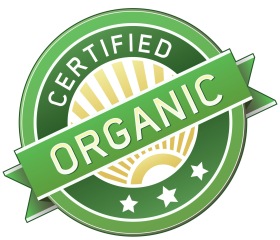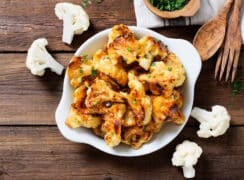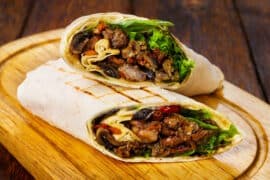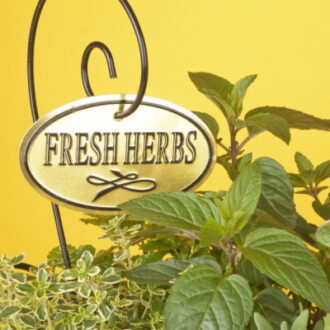
Buying organic produce SHOULD eliminate almost all toxins from your fresh produce. (Some testing has shown that even organic produce can contain toxins, but that is for another day.)
Although there is little disagreement that organic vegetables and fruits are healthier for us, there are a couple of issues with trying to go 100% organic.
First of all, buying organic produce is more expensive. That is mostly due to the fact that producing it is more labor intensive than regular farming. Plus organic farming is usually done on much smaller farm plots than the massive agricultural operations that we get most of our produce from. That extra expense makes buying and exclusively using 100% organic produce difficult economically for some people and families.
The other issue is availability. We need to eat a wide variety of fruit and vegetables for optimal health. Depending on where you live, it may be difficult to find the kind of variety of organic produce we need, especially during the winter months.
So what is the solution? The Clean 15 and The Dirty Dozen.
There are 15 foods that don’t absorb nearly as much toxins from sprays and chemical applications as others. Even Dr. Oz and Dr. Andrew Weil recommends that if you can’t go all organic, feel free to buy the foods on this list from the regular produce section of your grocery store.
Here is a quote from Dr. Weil about his work with the Environmental Working Group and the Clean 15 foods:
“I am pleased to have an ongoing partnership with the Environmental Working Group (EWG), a nonprofit organization that advocates for policies that protect global and individual health. Specifically, I am honored to help EWG spread the word about one of its most valuable pieces of research – a Shoppers’ Guide to Pesticides in Produce. The 2014 version is based on the results of pesticide tests performed on produce and collected by federal agencies from the past nine years.
Nearly all of the data used took into account how people typically wash and prepare produce – for example, apples were washed and bananas peeled before testing. Of the fruit and vegetable categories tested, the following “Clean 15″ foods had the lowest pesticide load, and consequently are the safest conventionally grown crops to consume from the standpoint of pesticide contamination:”
The Clean 15 and the Dirty Dozen are updated each year. Here is the list for 2022.
The Clean 15
- Avocados
- Sweet corn
- Pineapples
- Onions
- Papayas
- Sweet peas (frozen)
- Asparagus
- Honeydew melon
- Kiwi
- Cabbage
- Mushrooms
- Cantaloupe (domestic)
- Mangoes
- Watermelon
- Sweet potatoes
On the other hand, certain foods are known to absorb a very high amount of toxins from chemicals in the soil and from added chemical sprays. The same testing by the Environmental Working Group (EWG) produced a list of the 12 worst offenders with the highest pesticide load. They are referred to as “The Dirty Dozen”. Whenever possible, buy these foods from an organic farmer or the organic produce section of your health food store or grocery store. Or grown them yourself!
The Dirty Dozen
- Strawberries
- Spinach
- Kale, collard and mustard Greens
- Nectarines
- Apples
- Grapes
- Bell peppers and hot peppers
- Cherries
- Peaches
- Pears
- Celery
- Tomatoes
One thing to remember, even with the foods on the Clean 15 list, is that even if you peel a banana or a grapefruit, it will still contain some pesticide residue. If you can buy all organic, it’s always best. But, even though following the Clean 15 and the Dirty Dozen guidelines won’t eliminate all the chemicals and toxins from your food, if buying organic produce isn’t always realistic for you, following these lists will go a long way to ensuring that you are eating healthier, even on a budget.
Sign up here and be the first to get new recipes and tips.












